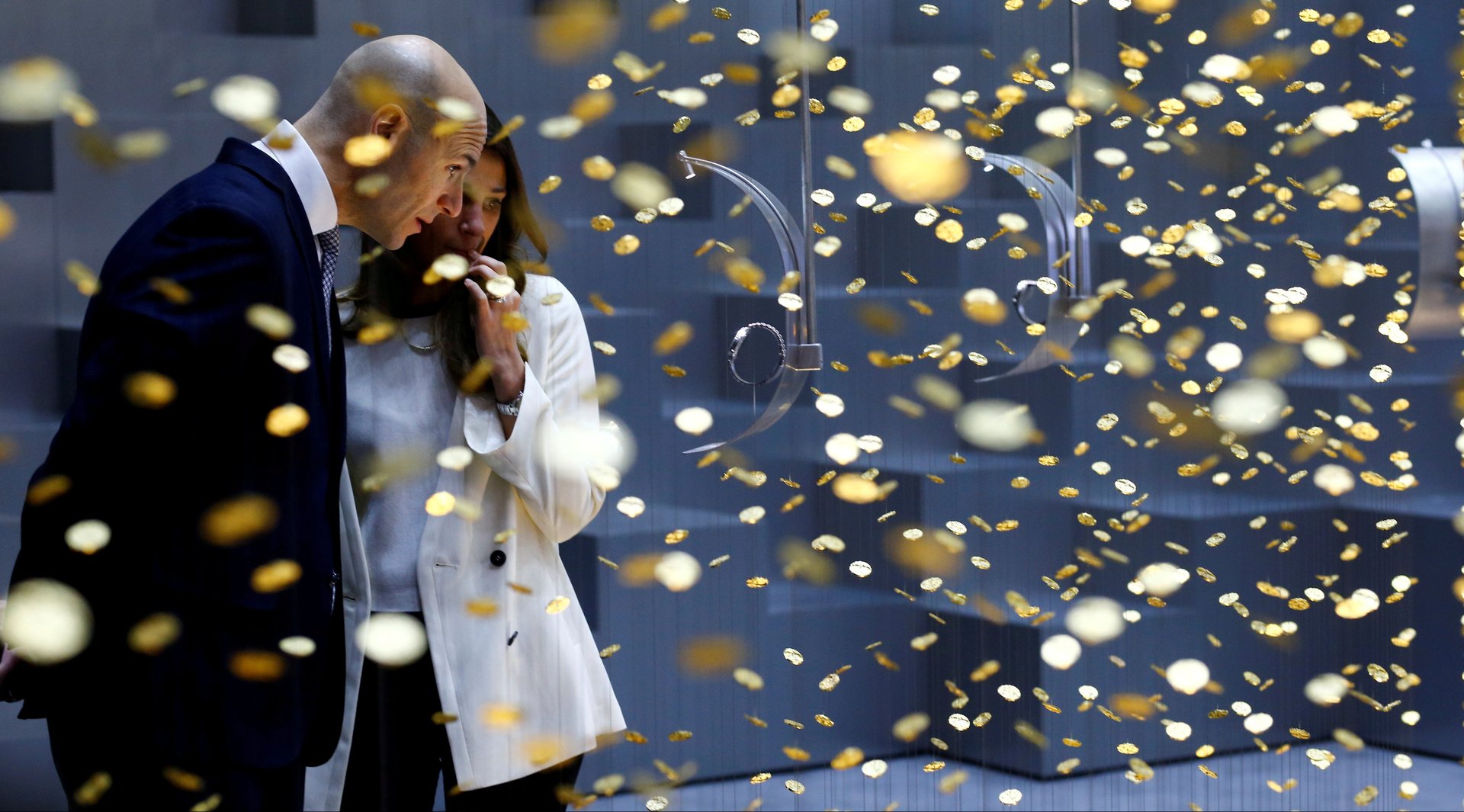Global luxury events are especially vulnerable to the coronavirus
Baselworld, the world’s largest watch and jewelry show, has been cancelled due to the Covid-19 coronavirus. Originally scheduled to take place in Basel, Switzerland during the first week of May, the annual fair has been postponed until January 2021, following news that the Swiss Federal Council would ban gatherings of more than 1,000 people. Even with dwindling attendance, the century-old fair attracted about 81,000 visitors in 2019.


Baselworld, the world’s largest watch and jewelry show, has been cancelled due to the Covid-19 coronavirus. Originally scheduled to take place in Basel, Switzerland during the first week of May, the annual fair has been postponed until January 2021, following news that the Swiss Federal Council would ban gatherings of more than 1,000 people. Even with dwindling attendance, the century-old fair attracted about 81,000 visitors in 2019.
The event represents the opportunity for watchmakers to show their newest timepieces to reporters, editors, distributors, collectors, and retailers from around the world. During the day, those global players traverse a convention center, trying on and photographing the world’s most exclusive watches. At night, they meet over dinners and cocktails in Basel’s historic restaurants and hotels. Then, they board flights and trains back to their respective countries.
All this real-life ogling and hobnobbing is typical of the luxury industry, where potential customers like to personally experience a fashion collection, a painting, or a limited-edition watch, before committing thousands if not millions of their dollars to them. That’s not to mention the ecosystems of staff that surround these circuses, and the press and influencers who attend them. And while these sorts of events might be good for business, they are also a productive way to spread a virus.
That’s why attendees of Dries van Noten’s show at Paris Fashion Week on Wednesday received the unusual gifts of face masks and hand sanitizer. Some question whether Paris Fashion Week—which began Feb 24 and is scheduled through March 4—should continue at all, given that so many attendees will have come straight from Milan Fashion Week, and Italy is now home to the largest European outbreak of the virus. (On Instagram, Hanya Yanagihara, editor-in-chief of the New York Times T Magazine, wrote that she and her colleagues had been asked to work from home for two weeks following their return from Paris.)
Art Basel Hong Kong, where seven-figure sales are typical, was one of the first luxury world events cancelled because of the coronavirus. Instead of real-life viewings, “attendees” will be able to view and purchase art in online viewing rooms, which will be live from March 20-25, and even have VIP preview days March 18-20. Art Basel also touts the digital development as a potential complement to future fairs, where it will allow gallerists to list additional works not physically at the fair. Galleries with a global presence, including Gagosian and David Zwirner, have already proven these digital spaces can be lucrative. And as Covid-19 spreads, the luxury industry may be home to many more of them soon.